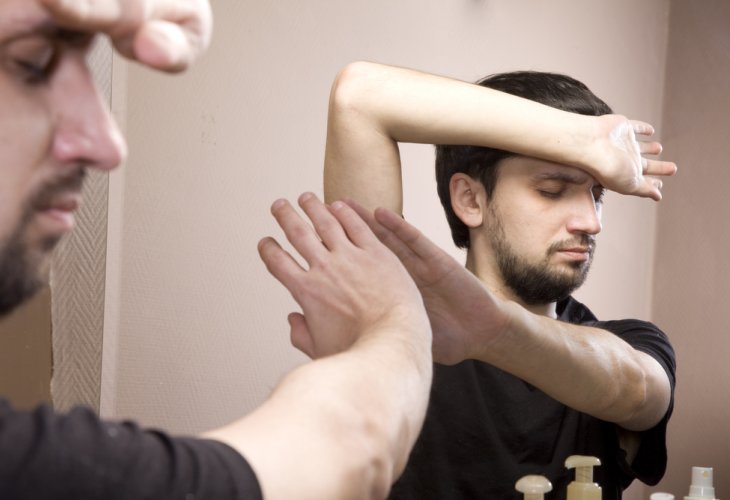Personality Development
How Core Beliefs Shape Self-Esteem and What to Do About It
Understanding the roots of low self-esteem and practical tools for healing and growth.
 (Photo: shutterstock)
(Photo: shutterstock)Every person carries deeply rooted beliefs about themselves that often develop in early childhood. The core schemas that lead to low self-esteem typically stem from a combination of feeling incapable and having a deep need to be loved and accepted.
Common thoughts and feelings include: “I’m not loved,” “I’m worthless,” “I’m a failure,” “I’m a loser". Self-criticism, indecisiveness, and envy of others only make these feelings stronger.
Psychotherapist Virginia Satir likened a person’s self-worth to a pot. When that pot is neglected and empty, self-worth suffers. In children, this pot is heavily shaped by parents and other close figures. One of the core tasks of parenting is to help fill that self-worth pot through affirming feedback, encouragement, compliments, and celebrating successes.
The fuller a person’s “self-worth pot” is, the more emotionally resilient they become, and their internal sense of value grows.
Dr. Naomi Appel notes that parents who want to nurture their children’s self-esteem must first examine their own. Understanding how your own self-worth was built- what helped and what hurt- will make it easier to guide your children effectively.
A Technique to Build Self-Esteem: Behavioral Activation
A practical tool you can use for yourself or with your child is to write out your daily schedule, from waking up to going to sleep.
Reflect on each task, and what it says about your strengths. For example: “At 2:00 PM, I cleaned the house.” That might reflect responsibility and care for others. Identify these positive traits, list them, and put the list somewhere visible.
When you regularly read these affirmations, new neural pathways start forming around how you see yourself, thereby gradually strengthening your self-image.
If you struggle to find any strengths in your day, ask someone close to you to help point them out.
There are many more techniques, but sometimes you need a professional help to uncover the root of the issue and get the right tools to heal. One of the most effective therapies for improving self-esteem is CBT (Cognitive Behavioral Therapy).
CBT helps people identify distorted thinking patterns and develop balanced, healthier thought habits that lead to a more grounded and confident sense of self.
Low self-esteem is not a life sentence. You can change, and you deserve to live with confidence, peace, and joy.
When a person begins to feel self-worth and vitality, the people around them feel it too, and treat them accordingly, reinforcing that shift even more.
Don't hesitate to seek help, or to encourage someone else to do the same. If low self-esteem is impacting you or someone you care about, through sadness, fear, or self-doubt, know that change is possible, and it can be life-changing.
“If I am not for myself, who will be for me?
But if I am only for myself, what am I?
And if not now, when?” (Ethics of the Fathers 1:14)
Yaffa Ifargen is a CBT therapist and educator for 30 years.
Suffering from depression, anxiety, and low mood? Contact the "Nafshi b'She'alti" department at Hidabrut. For advice, call 073-3333331 or emailnafshi@htv.co.il

